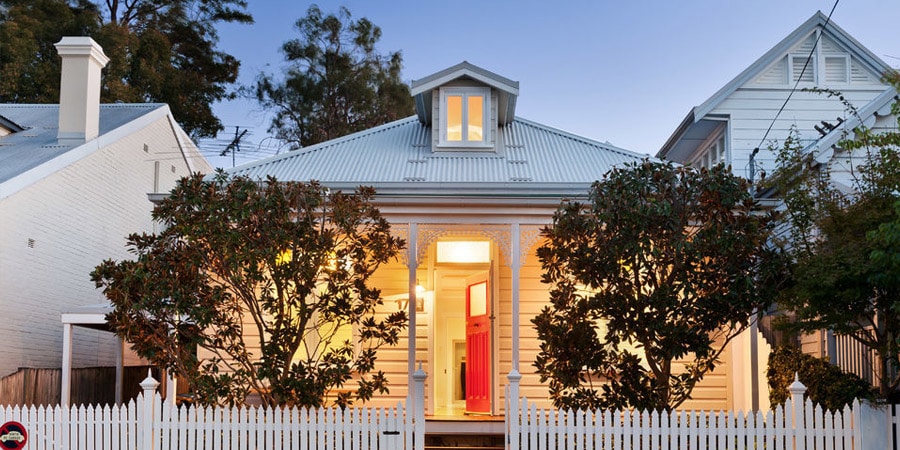Record all your income
On paper or in a spreadsheet, write down all your household income (after tax) from all sources per month including any government assistance, Centrelink or child support payments you may receive.
If your income isn’t fixed, such as if you’re a self-employed tradie, estimate your average monthly income and make an allowance for the tax you’ll pay.
List all your outstanding debts
In another column, record everything you owe to others, including your monthly credit card repayments, any personal, car or other loans, plus any other payments you are obliged to make such as child maintenance, fines or court-ordered penalties.
Subtracting your debts from your income gives you an estimate of your disposable income.
Work out your regular outgoings
Work out how much per month on average you spend on food, rent, insurance, gas, electricity, petrol, phone, internet and leisure activities (such as gym memberships, club or sports fees). Don’t forget things like hairdressing, pet food, a monthly clothes allowance and the occasional night out.
Keep this information on hand, as your lender will need it to calculate how much they’re willing to lend you.
Write down all your assets
Next, list and write an estimated value for all the assets you own, including any cars, motorbikes, boats, caravans, jewellery, investments, term deposits and savings you may have.
Don’t include things which may be valuable to you, but don’t have much of a recognised sale value (such as a sports card collection).
Add up all the numbers
Add up the total of your monthly income and multiply this sum by 0.3 to give you 30% of your after-tax income and a rough indicator of how much you may be able to afford on loan repayments. Add up your monthly debt repayments and outgoings and subtract this sum from your income.
This will help you understand how much you may be able to borrow and how much house you can afford.











